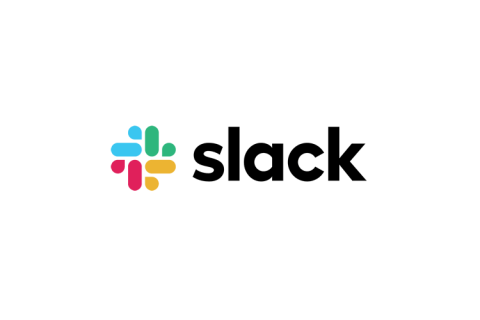Build Organizational Trust With PagerDuty Business Response
Imagine the following scenario: A large retailer experiences a major IT incident that impacts their point-of-sale systems. Their on-call engineers are alerted to the issue and begin their work to resolve it immediately. Behind the scenes, teams are collaborating on a fix, but in the storefront, frustration and tension are growing. Customers are complaining about not being able to check out, and in-store personnel have no good answers as to why the outage happened—or when it will be resolved.





